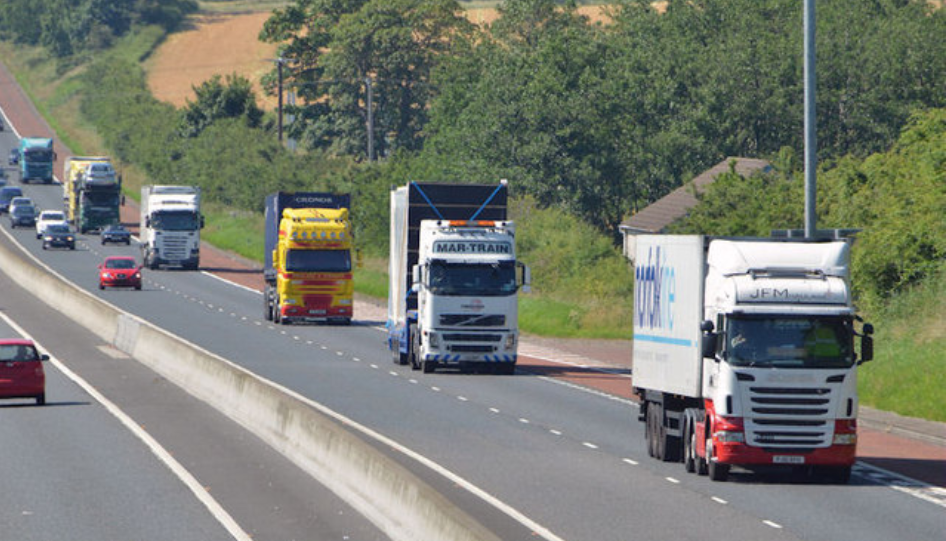Foreign workers and international hauliers could make unwitting hosts for a highly contagious deadly pig disease, British Government officials have warned.
Contaminated clothes and vehicles provide the most likely means for African Swine Fever (ASF) to enter the UK according to the latest Government assessment on the disease.
The risk of ASF introduction to the UK was raised to medium in September 2018 and officials have previously warned there is a 20% chance the disease will reach British shores.
The report published earlier this month was penned jointly by the Department for Environment, Food and Rural Affairs (Defra); and the Animal and Plant Health Agency (APHA).
It explains that, despite the relatively low level of legal trade in live pigs or commercially-produced pig products from infected countries, one of the highest risks remains the “movement of people and vehicles from affected eastern EU countries”.
It also highlighted evidence contaminated or infected non-EU origin pig products had already been detected in the EU.
The UK’s official risk status was raised to ‘medium’ in September after several outbreaks were confirmed in eastern Europe in August and the subsequent detection of ASF in wild boar in Belgium.
The explained that despite the disease’s continued spread in China as well as Mongolia, Vietnam and Cambodia, the current risk to the UK is still considered to be ‘medium’.
“Although the situation is being kept under review and depends on how ASF spreads both within China and across other parts of south-east Asia,” officials added.
The report also stressed that all pig keepers and the public should ensure pigs are not fed food waste – such as catering waste, kitchen scraps or pork products, thereby observing the swill feeding ban.
Feeding food waste to wild pigs and boars is also illegal in the UK.
The official advice remains that all pig keepers that visitors to their premises should not have had recent contact with pigs or pig premises in the affected regions.
Those returning from any ASF-affected area are also advised to avoid contact with domestic pigs – whether commercial holdings or smallholdings, areas with feral pigs or wild boar – until they are confident they have no contaminated clothing, footwear or equipment.
Pig keepers and vets have also been asked to remind themselves of the clinical signs for ASF and report any suspect cases promptly.

